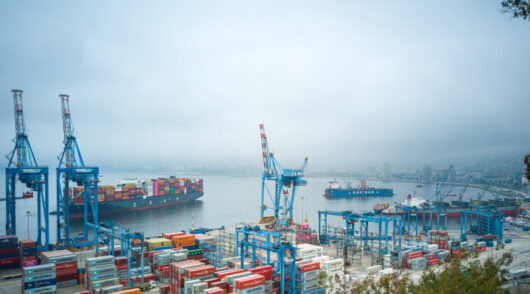Asia Pacific retail rent growth will continue in 2015 – but at a slower pace, according to the latest research from CBRE Asia.
Rental growth is projected to ease to 2.4 per cent region wide, compared with 5.4 per cent in 2014.
The hottest markets: Tokyo, where rentals are expected to rise by about 10 per cent, followed by Taiwan’s Taipei, Sydney and Melbourne which will post more modest growth, according to CBRE.
Prime rental growth in China will be less than five per cent in 2015, with key city retail markets performing differently. “Growth will being driven by Beijing and Shanghai but dragged by Shenzhen and Guangzhou.”
In the report – titled 2015 Outlook: Key Retail Trends – CBRE expects new retail supply in Asia Pacific to reach 89 million sqft this year, a significant jump from the 53 million sqft in 2014. “However, much of this new supply will be in decentralised locations. A lack of high quality stock in prime locations -in cities such as Tokyo, Beijing and Shanghai – will lead to rental growth. Increasing competition among retailers and rising operational costs will see retailers focus on leasing prime space in key growth markets in 2015.”
“The market will become more challenging for landlords in 2015 as they will have to deal with more budget conscious retailers entering into lengthier negotiation processes,” explained Sebastian Skiff, executive director, retail services, CBRE Asia.
“Occupiers, meanwhile, will benefit from being more patient and taking time to formulate a proper strategy. In light of increasing vacancy pressure, increasing competition and the rise of e-commerce, landlords should have the willingness to embrace ‘retail-tainment’, and have the ability to proactively collaborate with tenants to ensure stronger retailer retention and consumer engagement.”
Skiff says landlords who invest more resources into conducting consumer surveys, market research and benchmarking exercises in order to better understand consumers’ and retailers’ requirements will be among the more successful this year.”
In other trends:
- Chinese tourists should not be overlooked despite last year’s slowed spending. CBRE says Driven by the growing number of arrivals from mainland Chinese visitors, retail sales growth is expected to increase across the region, particularly in Tokyo, Seoul and Taipei. China and New Zealand markets are slowing whilst Hong Kong and Singapore will see a marginal rebound.
- Despite retail sales volume growth, leasing sentiment will be dampened due to high operational costs, increasing competition and retailers’ more cautious attitude. Activity level in Asia is likely to stay flat but the Pacific will be more upbeat, as both Australia and New Zealand will continue to attract new entrants from overseas.
- Leasing demand will be driven by mass market food and beverage and fashion retailers. Leveraging on the huge pipeline of new supply in suburban areas, mass market fashion brands will continue to expand in China’s tier 3 and tier 4 cities, while fast fashion retailers will target Taiwan, Australia, and Southeast Asia. Luxury brands will focus more on consolidation and reviewing their portfolio strategy – expansionary demand will be limited, but focused on developed markets, particularly in Japan and within Australia where luxury brands have a strong focus for growth.
- Vacancy pressures in suburban areas will continue to intensify, especially in mainland China as many of their shopping centers are developed by inexperienced developers. Singapore will also experience supply pressure.
- Prime retail prices will diverge in 2015 with Greater China experiencing the biggest downward pressure on price growth. The retail capital value growth in APAC will slow notably, dropping from 6.5 per cent in 2014 to 1.6 per cent in 2015.
“CBRE sees that demographic growth, urbanisation and increasing household incomes will continue to support continuous growth in the region, with all markets projecting that retail sales volume will increase,” said Jonathan Hsu, director, research, CBRE Asia Pacific.
“Japan will continue to be a top performer due to the fast growing tourism market and the weaker yen spurring tourist spending. Retail sales growth in Japan is expected to rebound as the market recovers from the consumption tax hike in April 2014,” said Hsu.
“We expect consumption to also grow steadily after the government delayed the second phase of the sales tax increase.
“Elsewhere, the market will be quite challenging – in China due to the anti-corruption campaign continuing to affect the sector, with luxury retailers taking a more cautious approach to expanding in this market. In the lower tier cities, or suburban areas, there will be a strong downward pressure in rents due to the huge supply pipeline, weaker sentiment from retailers, and lack of experienced mall management.”






